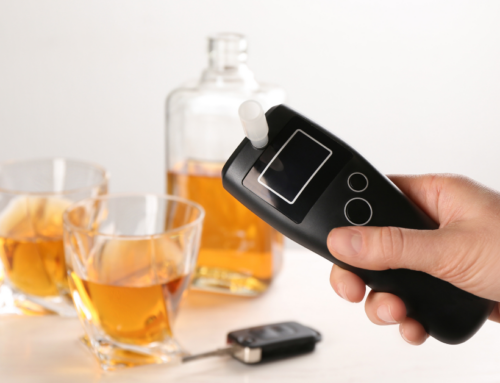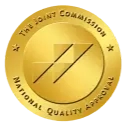
If you’ve ever had too much to drink, you know what it feels like to have a hangover. Most people can tolerate this occasionally. But problem drinkers experience it all the time, and it’s not so much just a physiological reaction. They are experiencing alcohol withdrawal symptoms triggered by a change in brain chemistry. Repeated bouts with alcohol withdrawal symptoms can indicate a serious problem, up to and including an alcohol-use disorder. If you or a loved one are going through withdrawal, it may be time to seek professional help from an alcohol addiction treatment center such as Atlanta Detox Center.
Alcohol Withdrawal Symptoms
Why does drinking lead you to experience alcohol withdrawal symptoms? Quite simply, it’s because you have trained your brain and your body to expect its “fix.” Excessive drinking triggers chemical changes in the brain. Without alcohol to feed it, your body reacts by taking you through various withdrawal symptoms, which can be mild or severe. These symptoms include:
- The “shakes”
- Nausea/vomiting
- Brain fog or headache
- Interrupted sleep
- Anxiety or agitation
- Increased heart-rate/blood pressure
- High fever
- Seizures
If you experience these withdrawal symptoms, contact a detox center like Atlanta Detox Center for help.
Symptoms of Alcoholism
Alcoholism is an equal opportunity destroyer, touching the lives of young and old from all walks of life. Unfortunately, there’s no set number of drinks that make you an alcoholic. That designation is based on how alcohol causes changes in your quality of life — the problems you experience as a result of drinking, and how you handle them.
Alcohol withdrawal symptoms are certainly one of the signs. Other symptoms of alcoholism include:
- Continuing to drink even though it’s causing severe problems in work, in relationships, in school, with the law or with your health
- Organizing your life around outings involving alcohol
- Promising to stop, but failing to be able to do so
- Cravings
- Missing work, school or other obligations
No single symptom alone is likely to indicate a problem. But if several begin to appear and they are matched up with alcohol withdrawal symptoms, it might be time to reach out for help from a drug and alcohol detox center.
Treating Alcoholism
It’s difficult to admit when drinking has become a problem, either for yourself or someone you love, even in the face of alcohol withdrawal symptoms. Sometimes the reluctance stems from the fear of the unknown — of what alcohol treatment at an alcohol detox center involves. Take solace in the fact that tens of thousands of people go through treatment each year with positive outcomes.
The goal of treatment is to get you back to sobriety and it has a series of predictable stages. Treatment typically begins with a medical and psychological evaluation, to set a baseline for everything that’s to follow.
Depending on the severity of your situation, the next step may well involve detox, where doctors monitor you as you stop drinking. The goal is to keep you comfortable and help you manage your way through withdrawal.
Following detox, you’ll enter therapy. Working with a trained counselor, you will seek to understand yourself better and develop new and stronger coping skills.
The final stage is aftercare support and our alumni program. Sometimes alcoholism recurs, but you can reduce the risk of that from happening through the support of peers and other programs.
Step to Sobriety
The abuse of alcohol poses significant problems in an individual’s life, but it’s more than that — it affects families too. If you or a loved one is experiencing repeated alcohol withdrawal symptoms, it might be a good time to seek professional assistance. Our team at Atlanta Detox Center is geared to help you every step of the way, from intake to aftercare. We offer all forms of treatment, including an alcohol addiction treatment program. We also provide other services through our drug detox center, heroin detox center, and our alumni program for aftercare support to reduce the risks of relapse. Call us at 844-658-0927 today for a confidential consultation.







